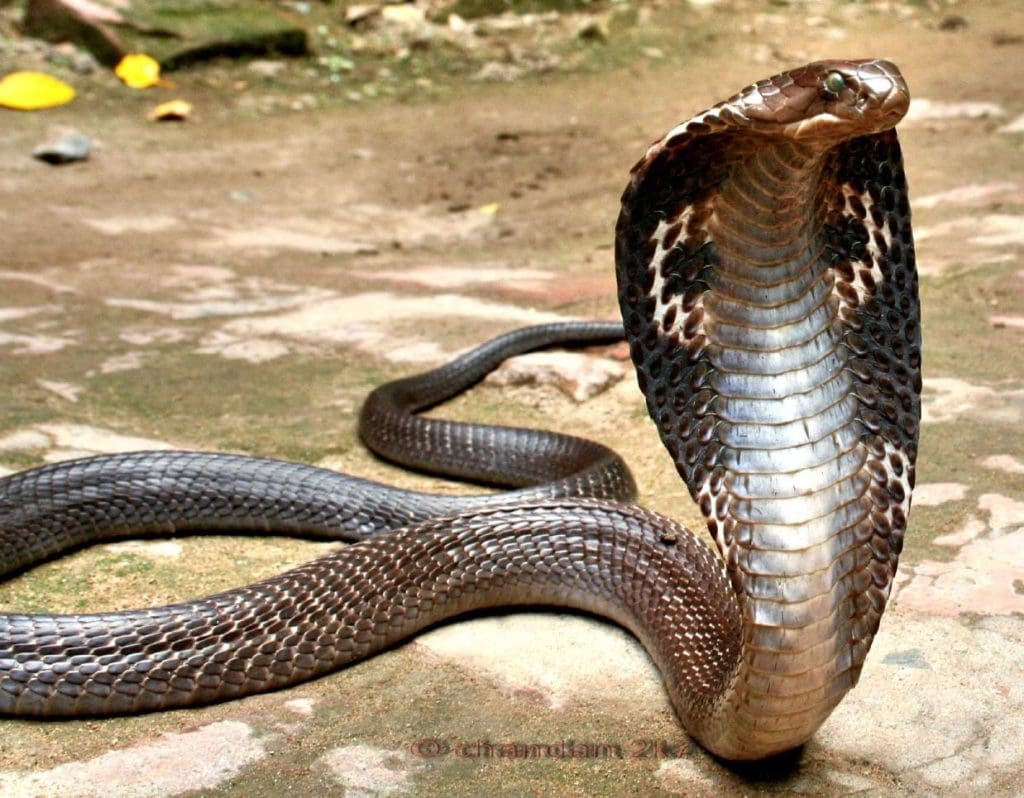Groundbreaking: Genetically engineered snake antivenom developed
An international team of researchers has used genetic engineering to develop the first “production-ready” antivenom for snakes such as cobras and mambas. The groundbreaking research was published in Nature by a team led by the Technical University of Denmark in collaboration with the Scripps Research Institute, Liverpool School of Tropical Medicine, Lancaster University, University of Northern Colorado, Universidad Nacional Aut├│noma de M├®xico, University of Bristol, University of Liverpool and Sophion Bioscience in Denmark.
Dr Stefanie Menzies from Lancaster University said: “This work shows how we have developed the first ‘production-ready’ recombinant snakebite antivenin that covers all elapid species in Africa, including cobras, mambas and rinkhals snakes, and outperforms the existing serum-based antivenins.”
Since the antibodies are produced recombinantly ŌĆō i.e. with the help of genetic engineering ŌĆō and are not obtained from immunized animals, future production is no longer dependent on the use of animals. This enables scalable, ethical and fully defined production with consistent quality and specificity. The hope is also that this could lead to more cost-effective antivenoms.

Snakebites are a neglected tropical disease (NTD) that causes over 100,000 deaths and 300,000 disabilities annually, especially in poor rural communities. Snakebites are among the 21 NTDs recognized by the WHO, but snakebites kill more people than the other 20 NTDs combined.
Current animal antivenoms are life-saving, but not perfect, as they have batch fluctuations, side effects, and limited coverage of snake species. Developing an antivenom that works on all bites is extremely difficult because each species of snake produces a different mixture of toxins that attack nerves, blood, or tissue.
In this study, a nanobody-based recombinant antivenin was developed using genetic engineering, combining eight nanobodies derived from alpacas and llamas that neutralize seven toxin families of cobras, mambas and grass snakes ŌĆō all African elapids. The elapids include well-known snakes such as cobras, mambas, coral snakes, and sea snakes.
The new therapy outperformed conventional serum antivenins, preventing death and tissue damage in animal models, while providing greater safety and consistency. The work validates a rational, modular platform and proves that a small, defined antibody mixture can replace complex animal plasma products.
Original Paper:
Nanobody-based recombinant antivenom for cobra, mamba and rinkhals bites | Nature
Editor: X-Press Journalistenb├╝ro GbR
Gender Notice. The personal designations used in this text always refer equally to female, male and diverse persons. Double/triple naming and gendered designations are used for better readability. ected.




